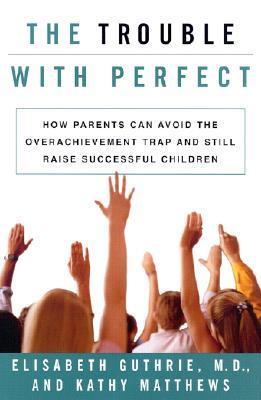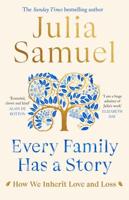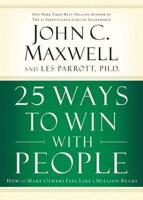Publisher's Synopsis
As competitive parenting has been on the rise since the 1980s, so have rates of teen suicide, eating disorders, depression, and drug use. Yet the cycle of "push parenting" doesn’t show signs of slowing down. Our children today are competing with classmates who began listening to Mozart in utero and were enrolled in educational classes at ages two and three. Under these circumstances, parents feel that they cannot afford to opt out, or let their children opt out. What might become of them if they did?
Alarmed by the high numbers of unmotivated, burned-out youngsters seeking her psychiatric treatment, Dr. Elisabeth Guthrie set out to uncover not just the sources of their distress but also the factors that drive parents to pressure their children. Dr. Guthrie explores our confounding culture of overachievement and takes a sympathetic look at the pervasive guilt that accompanies raising children today.
Drawing on more than fifteen years of clinical experience, Dr. Guthrie outlines why the very intentions behind competitive parenting actually produce the opposite of the desired effect. For the parent who expects a barely potty-trained toddler to begin learning a second language or a first grader to excel at a nightly battery of extracurricular activities, The Trouble with Perfect presents evidence that placing unreasonable expectations on children can actually deter their chances for success later in life. Such pressure can snuff out crucial qualities such as curiosity, spontaneity, and resourcefulness. When children are pushed, the message parents send to them on a daily basis is that they are not capable of making responsible choices by themselves, that appearances are more important than authenticity, that it is less important for them to own their experiences than to hold a significant title. Helping parents discover the fine line between good parenting and pressure parenting, Dr. Guthrie also cites clear ways to address the guilt and societal issues that define the average child (by definition the majority!) as "less-than-perfect" or a “loser.” With tips for enhancing the development of every child’s unique set of talents, the book is a vital reality check for anyone concerned about what’s really best for kids.










